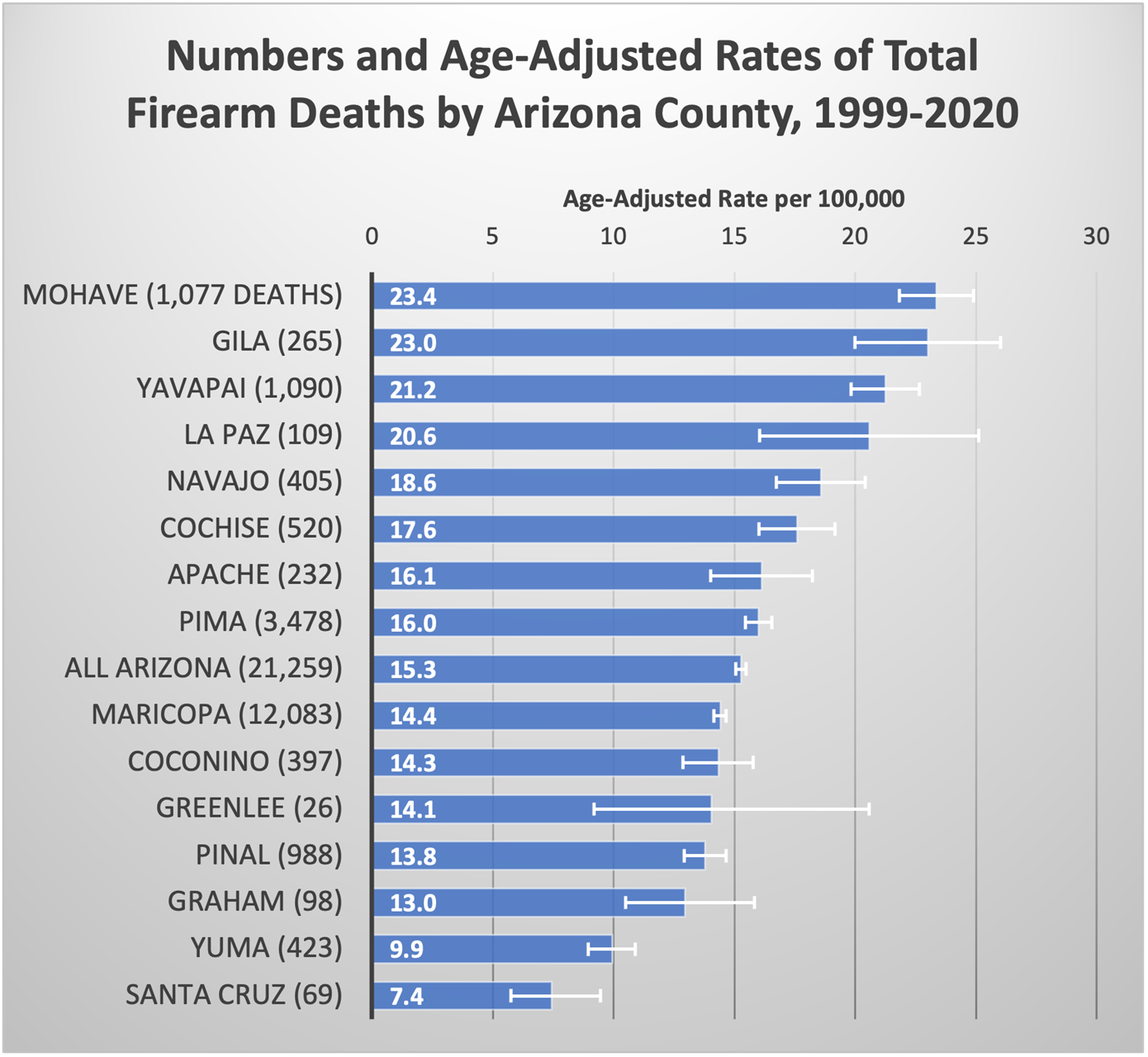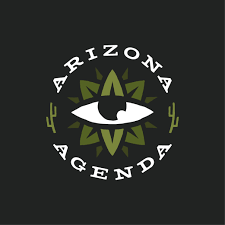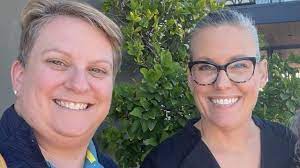Public health policy & operations were in a 2022 whirlwind. We started off with the Omicron surge amid disappointing COVID-19 vaccination rates, no statewide interventions and executive orders preempting local jurisdictions from doing anything – leading to a surge in hospitalizations (albeit with far fewer deaths that in January 2021).
Spring brought shocking revelations that the Arizona Department of Health Services (under the leadership of Cara Christ and Colby Bower) failed to investigate thousands of high-risk complaints at AZ nursing homes and covering up the nonfeasance by reclassifying 98% of their high-risk complaints as low, giving them a year to follow up rather than a week and jeopardizing the health and safety of nursing home residents (can you say criminal misconduct?).
Summer was a whipsaw, with the US Supreme Court overturning Roe v. Wade upending and throwing up in the air how Arizona is supposed to regulate abortion care (which won’t be resolved until sometime in 2023). But the summer also brought us the first bipartisan state budget in 14 years. With it came substantial new investments in public health and education.
Fall brought us an early influenza season, a historic RSV epidemic, and a predictable late fall COVID wave. A national assessment of COVID vaccination rates showed AZ has the lowest percentage of boosted nursing home residents (ADHS is the regulatory authority for nursing homes and did not use their authority to compel vaccination efforts among licensees).
As we closed out 2022, we learned Arizona has had the highest overall per-capital death rate from COVID-19 (no surprise given the policy decisions made by Doug Ducey, Cara Christ and Don Herrington). However, we closed out 2022 with optimism that the leadership decisions and operational integrity of state government and ADHS will improve when Dr. Theresa Cullen takes the reins of the ADHS in February 2023.
Here’s our 10-point summary of the good, the bad, and the ugly for public health in 2022:
- January- Omicron in full swing with practically no interventions in place by the state (except vaccine distribution) resulting in an enormous amplification of infections. Hospitals were stressed (30% of beds occupied by COVID patients) but less so than the complete disaster of January 2021 (when there were also no interventions in place by the state) when 70% of beds were occupied by COVID patients: Arizona Has the 2nd Highest COVID-19 Death Rate Per Capita During the First 2 Years of the Pandemic
- March – Governor Ducey finally ends the state public health emergency. Decision has little impact on public health because the public health emergency authority was only being used to preempt local jurisdictions and schools from implementing interventions: Ducey Finally Ends the Public Health Emergency (And with It his Harmful Micromanagement of Political Subdivisions & Others)
- April – Follow-up from the 2019 Auditor General’s report finds ADHS had continued to fail to follow up on thousands of care complaints at nursing homes. Instead of fixing the shortcomings found in the 2019 report, the April 2022 report found ADHS (under former Director Christ’s leadership) simply reclassified 98% of all high-risk complaints as low risk (giving them a full year to investigate high risk complaints that should have been done within a week). Auditors also discovered that ADHS (under Interim Director Herrington’s leadership) never used more than $1M in appropriations from the previous year to improve nursing home inspections and complaint investigations: Auditor General’s Office Produces Scathing Review of ADHS’ Nursing Home Complaint Investigations During the Director Christ Era
- April – May: Governor Ducey signs several bills that preempt local and county jurisdictions from using public health authority. Mr. Ducey also signs SB1009 restricting his successors public health emergency authority to 120 days (Mr. Ducey enjoyed more than 600 days of public health emergency authority): Dozens of New Laws Take Effect this Weekend… Some Good & Some Bad – Our Summary and see preemption bills PowerPoint 2022.pptx
- June – Bipartisan budget passes with several investments in public health (Maternal health, access to care, behavioral health, human services [e.g., APS, housing, and water]: Legislature Passes a Bipartisan Budget for 1st Time in 14 Years: Here’s A Summary Top Line Health & Human Service Line Items
- June-July – U.S. Supreme Court overturns Roe v Wade upending reproductive/abortion care in Arizona: AzPHA Special Report: Women’s Reproductive Rights in Arizona 1864-2022. Later in 2022 courts would stay the territorial era law prohibiting nearly all abortions but a final resolution of how AZ will regulate abortion won’t be resolved until 2023.
- September – Omicron booster becomes available but would remain among the states with the lowest uptake of the booster. Indeed, AZ nursing homes rank dead last in booster shot uptake.
- October – Record year for RSV infections – stressing pediatric care. Influenza arrives much earlier than normal with a large spike. COVID cases also increase in late fall, but only 9% of hospital admissions are due to the illness.
- November – Voters elect Katie Hobbs Governor & Kris Mayes as Attorney General– decisions that will likely profoundly impact public health decision-making over the next 4 years. New state public health leadership is expected, staffing changes have not yet been announced.
- December – Arizona overtakes Mississippi as the state with the highest per capita death rate from COVID-19. AZ also has the dubious distinction of having the largest increase in all-cause mortality among all states. Arizona now has the highest COVID-19 death rate of any state
- Year End: Governor-elect Hobbs names Dr. Theresa Cullen as the next Director of the Arizona Department of Health Services, finally bringing talented leadership back to ADHS. Dr. Cullen most recently served as Director of the Pima County Public Health Department. Prior to that, Dr. Cullen served 25 years in the U.S. Public Health Service, rising to the rank of Assistant Surgeon General. Dr. Cullen received her M.D. from the University of Arizona, College of Medicine and M.S. in Administrative Medicine/Population Health from the University of Wisconsin, Madison.







